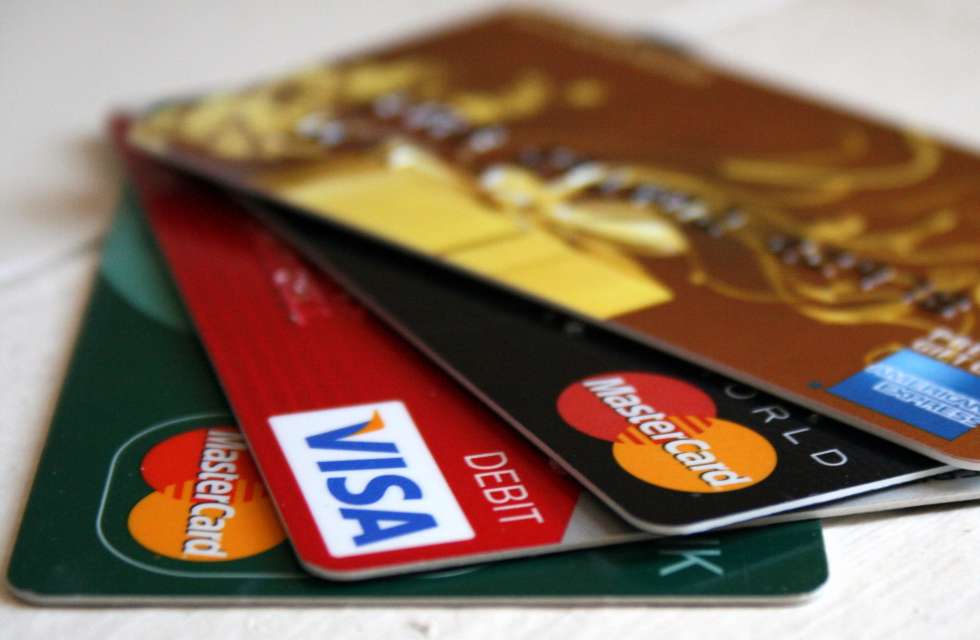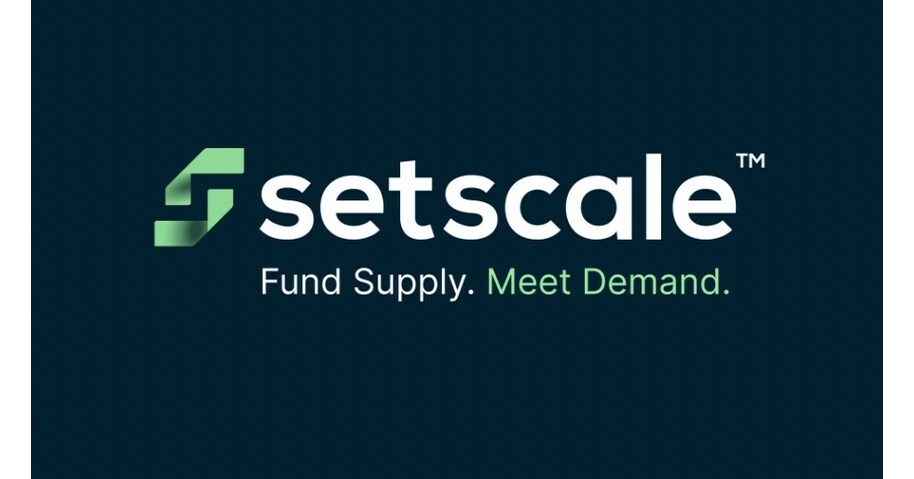Why Nigerian fintech startups are making changes to their virtual dollar card offerings

Friday 28 On April 23, 2023, users of Nigerian fintech startup Payday received an email informing them of changes to the startup’s virtual card services. While assuring them that card services would soon resume, it urged users to ensure they had enough funds to cover payments made with the cards.
Part of the email reads: “To ensure a seamless payment experience and compliance with provider policies, please note that we may be required to permanently terminate the card and Payday account if your card is declined multiple times due to insufficient funds.”
Across the street, Chipper Cash, another virtual dollar card startup announced that it would begin charging a non-refundable fee of ₦500 for transactions declined due to insufficient funds. Payday and Chipper Cash aren’t the only startups affected by this scourge, with many other card providers shutting down or halting their card-issuing services as they grapple with challenges in the space.
As Nigeria’s economy has taken a hit, it has become difficult for Nigerians to access currency for dollar-denominated transactions. Not even the banks have been spared with many commercial banks revising their monthly transaction limits to $20 over the past year. Such a low transaction limit has fueled the proliferation of virtual dollar cards by services such as Payday and Chipper Cash.
Unlike physical cards issued by commercial banks, these virtual cards allow Nigerians to make purchases that exceed the limits imposed by local banks and have gained wide acceptance. However, card issuers have faced a problem that threatens to derail the progress they have made.
Challenges with chargebacks and insufficient funds
In 2022, Union54, a YC-backed startup that enables startups to issue physical and virtual cards services in Nigeria, stopped leading startups such as Flutterwave, Eversend and Payday to stop issuing these cards. At the time, the startup said it had witnessed many cases of chargeback fraud.
Once again, chargeback fraud has been highlighted as the reason for the changes at startups like Payday. According to Tunde Adewole, co-founder and CEO of Bridgecard, a start-up that offers a card issuing infrastructure, while card schemes such as Mastercard require issuers to limit chargeback rates to 1%, there has been an increase in chargeback cases at Nigerian fintechs.
“Card schemes [like] Mastercard and VISA have a chargeback rate of around 1%, which means that any issuer should ensure that chargebacks are less than 1% of their total transactions, but in recent times we have seen very high numbers. In some cases, users make purchases on e-commerce sites such as Aliexpress or Amazon, have the items delivered to their doorsteps, and then apply for returns to get their money back, claiming they never received the item.”
Another issue that has been raised is the case of transactions being rejected due to insufficient funds. Two common scenarios play out here. The first involves customers adding their cards to services without having sufficient funds to complete the transaction. The second occurs when service providers are unable to charge customers for purchases immediately. This allows them to make repeated purchases that the suppliers cannot deduct. In both cases, the card scheme may charge the issuer for failed transactions.
Chargeback fees and card rejection fees are detrimental to startups as they have to pay the card scheme out of pocket regardless of whether the customer’s claim is right or wrong. Chargeback fees often range between $20 and $100, depending on the issuer.
Virtual dollar cards solve a problem for many Nigerians, but the challenges of issuing them mean startups have to think hard about their solutions. While chargeback cases may prove more difficult to crack, incidents of declined transactions due to insufficient funds pose another challenge.
There will undoubtedly be customers who intentionally do not fund these cards, but many more do not use these cards regularly and may forget to fund them. In addition, difficulties in sending money to these services can be a challenge, and startups need to provide adequate solutions. Offering a subscription tracker is a solution that has been suggested while disposable cards have also been suggested.
While customers have a role to play in mitigating these incidents, Adewole faults startups who are so eager to make a sale that they relax KYC requirements.
“We have had cases where fintech companies have told us not to do KYC on their users or asked us to do what another provider does in terms of transaction rules; we have lost big deals on this. Declining such offers is the only reason our card issuing product is still live to date.”
As well as carrying out appropriate KYC checks, he adds, they often require customers to authorize transactions after entering their card details. Customers must also pay a 20% fee before refunds are contested on their behalf.
“We have 3D security implemented on most of our card products, so customers must always approve transactions on their side even after providing their card details. We also have some rules that guide the submission of chargebacks, such as users paying a fee of 20 % in advance before we can dispute a chargeback on your behalf, regardless of the outcome, and limits the number of chargebacks per user to once per month.”
Where a customer has had three transactions declined due to insufficient funds, he mentions that the card is frozen and submitted for manual review. Cards may also be suspended or blocked for these reasons.
With demand for dollar cards driven by the limits set by commercial banks, Adewole believes that could reduce demand for them. However, he adds that they intend to launch virtual and physical naira cards for such scenarios.
“From our numbers, an average user spends about $150 monthly and only very advanced users go above $10,000 monthly. That is why we are working on launching a physical/virtual Naira card that can spend up to $1,500 monthly in 1-2 weeks. »
























